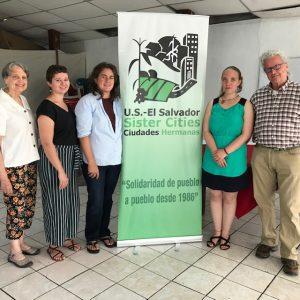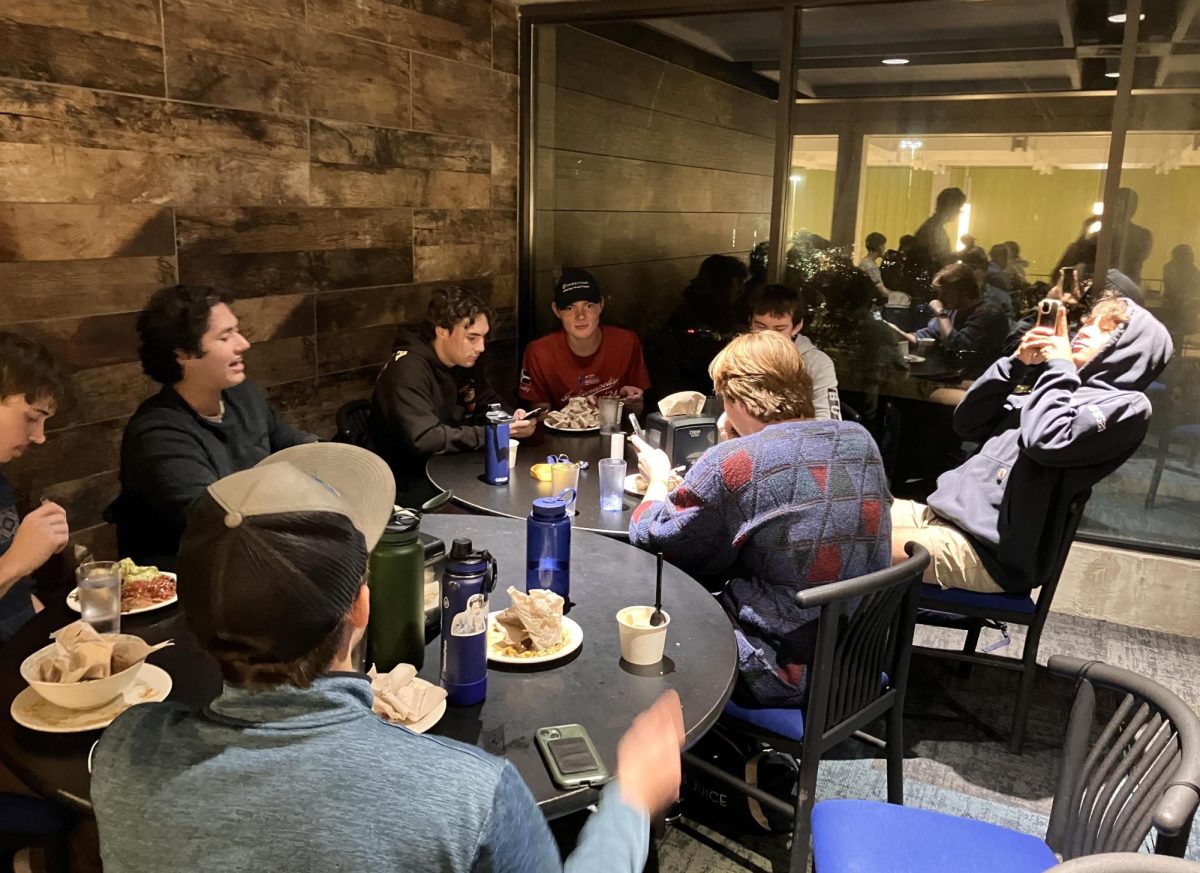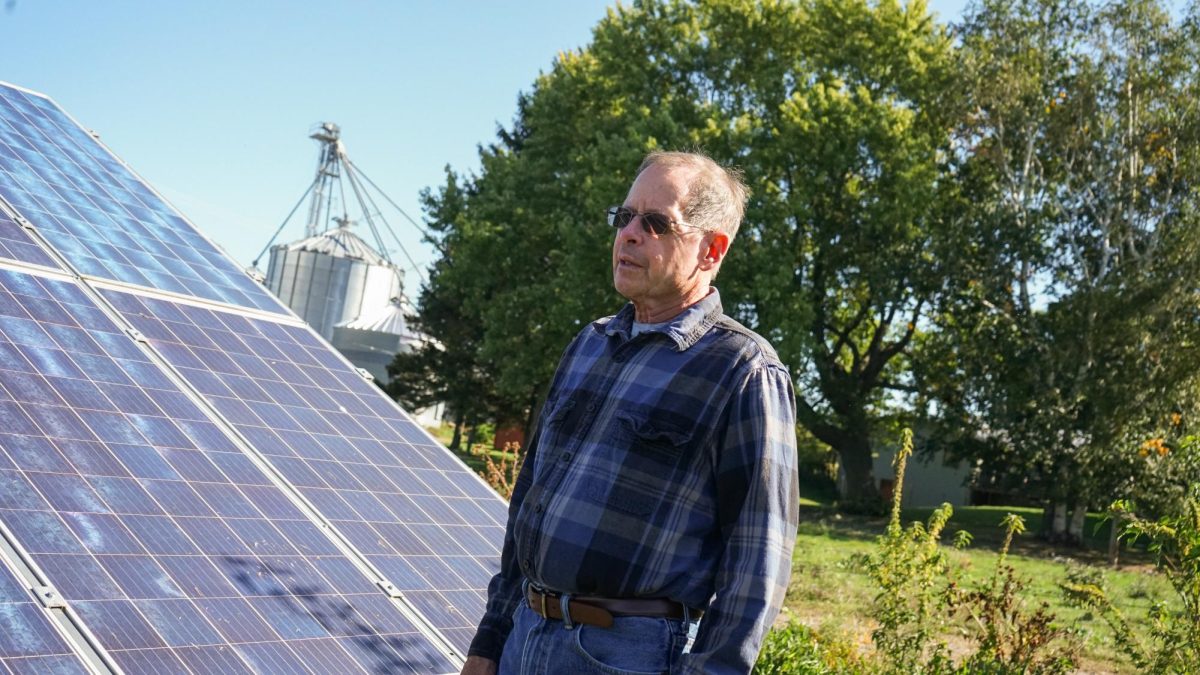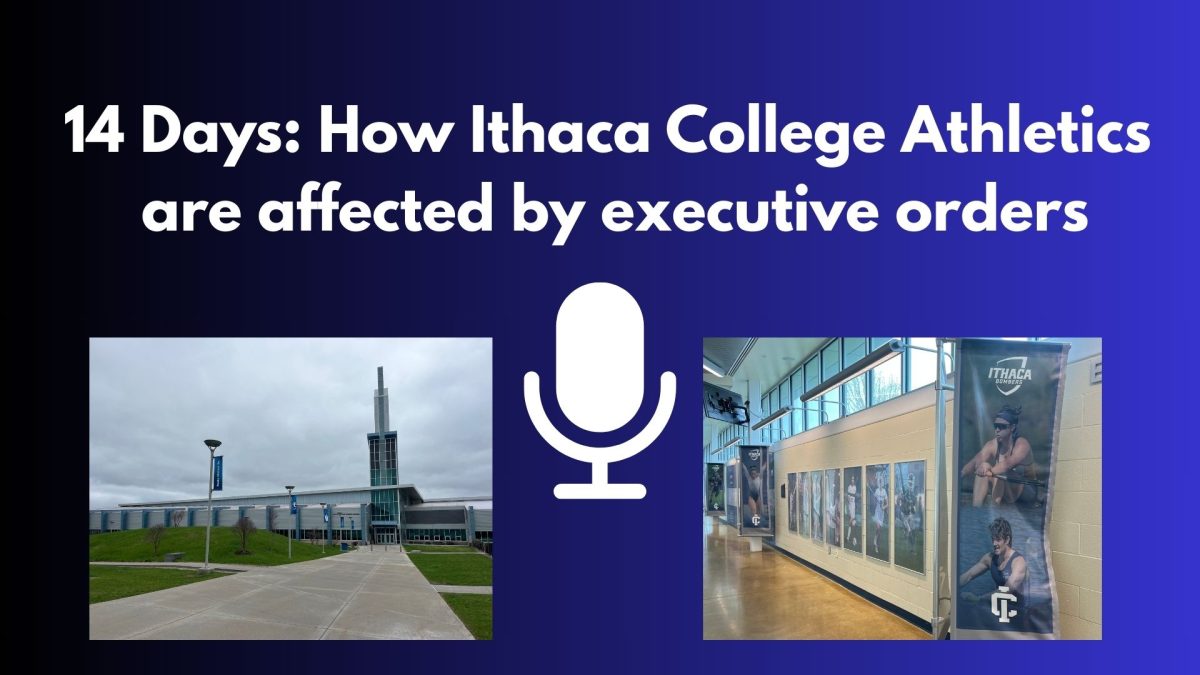
Children crying. Brown people trapped within small rooms pleading for basic human care. People sleeping on cement floors. These are the images mainstream media outlets have been circulating of the humanitarian crisis on the U.S. and Mexico border.
Ithaca College associate professor of politics Patricia Rodriguez and retired professor Beth Harris are challenging this narrative. Rodriguez and Harris say helplessness is depicted, while resistance movements are often silenced. Both women traveled to El Salvador and Colombia this past summer to participate in different grassroots movements and shared their experiences with the Ithaca community on Sept. 19 at the Tompkins County Public Library.
The event, “Roots of Migration: A Report Back from El Salvador and Colombia,” gave community members the opportunity to learn about grassroots efforts within both countries.
“I think it’s important, coming together and discussing issues concerning U.S policy and Latin America and also the alternative projects that are emerging in El Salvador and Colombia and other places so that we get a better understanding of the struggles, the victories, what needs to be done,” said Harris.
El Salvador
In El Salvador, Rodriguez and Harris connected with the grassroots organization US-El Salvador Sister Cities, which aims to connect the communities within El Salvador and the United States by creating a network of social justice advocates both locally and internationally.
Sister Cities was founded during the Salvadoran Civil War in the 1980s, which was financially backed by the U.S. government. Sister Cities collaborated with the organization CRIPDES (The Association for the Development of El Salvador), to “assist refugees, displaced, and other war victims from the countryside suffering human rights abuses.”
This was the third time Harris visited El Salvador to participate in grassroots efforts, having traveled in 1985 and again in 1990, while the country was still undergoing the Salvadoran Civil War.
This was the first time Professor Rodriguez traveled to El Salvador and she describes the experience as vital to understanding migration history.
“I think I was able to understand a lot more about migration and especially the roots of migration – what is leading people to leave their countries that they love. The land that they love. The families that they love” said Rodriguez.“A lot of it is structural problems, but also decisions made by the government.”

Rodriguez and Harris attended a migration delegation led by Sister Cities where community partners and other migration centered organizations were invited to discuss efforts to support migration within El Salvador and extending to the Mexico border.
At the delegation, community partnerships and other organizations were invited to discuss efforts to support migration within El Salvador and to the Mexico border. Organizations such as the Codefam, the Committee of Mothers and Families of the Disappeared, and Somos Abya Yala (We are Mother Earth) were founded and are run by Salvadoran civilians who are seeking justice for themselves and their community.
“People sacrifice so much for systematic change and justice and fairness in El Salvador. And now to be facing the kind of crisis they are is heartbreaking to me. How much can people take and feel? The people of El Salvador are collectively crucified,” said Harris.
Colombia
Rodriguez has been involved with El Movimento de Mujeres Por la Vida en Cartagena, Colombia (The Women’s Movement for the Defense of Life) for about 12 years now. The movement began as a response to state and military violence against the civilians of Colombia. Young men were specifically targeted and murdered so families were often left without their sole financial provider.
The local organization is composed of Afro-Latinos, Campesinos, and indigenous women who have lost family members and demand justice through advocacy efforts. El Movimento de Mujeres Por la Vida highlights a multitude of issues affecting women such as sexual violence, access to land and the right to plant the crop of their choice.

“They have so many coalitions and alliances with other organizations in the region and the nation and even internationally that it’s been beautiful to see how that empowers the alliances of other activists and other women to organize,” said Rodriguez.
Rodriguez and Harris stress the importance of student activism to raise awareness of these social issues across the Americas and further hope they choose to get involved.
“I hope for young people, it’s a call to think in ways that create something alternative. We have so much destruction in this world today that seeing that glimmer of hope is so important,” said Rodriguez.












